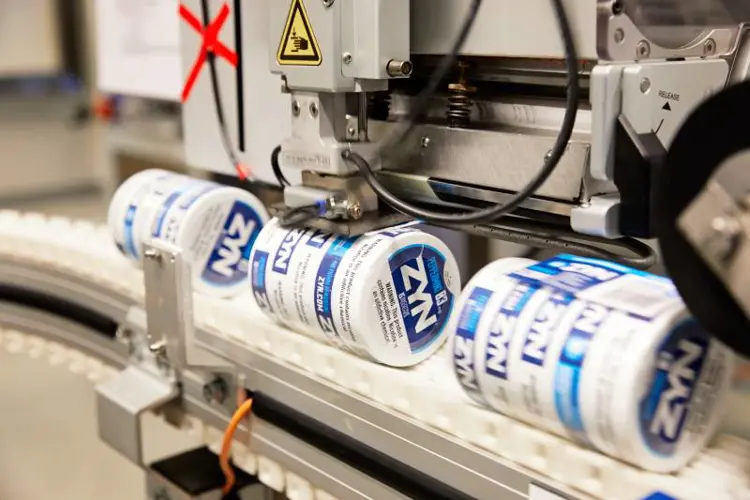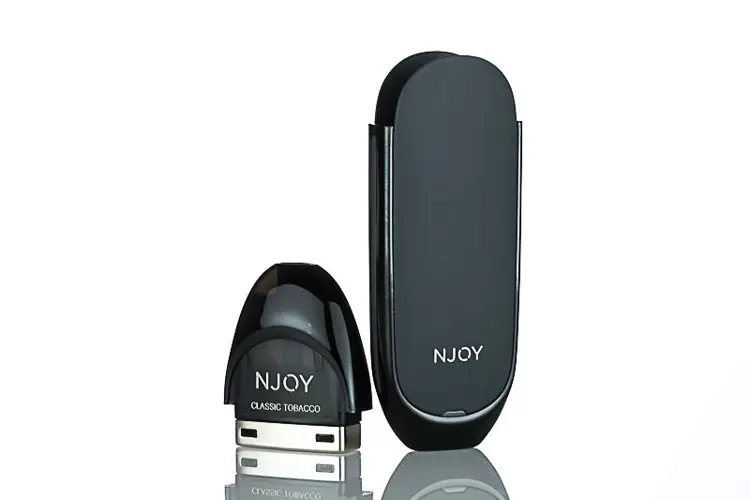Nov. 14, 2022
Philip Morris International has succeeded in its bid to gain control of Swedish Match, the world’s leading manufacturer of snus and nicotine pouches. The move will increase the tobacco giant's non-combustible tobacco and nicotine product footprint.
Philip Morris International (PMI) offered to buy Swedish Match in May, and later raised its offering price from 106 Swedish krona (about $10.22 US) per share to 116 krona. Reuters reported on Nov. 7 that 83 percent of investors had accepted the offer, which will cost PMI about $16 billion. Some large investors fought the deal for months, but wound up selling in the end.
PMI will continue to pursue holdout Swedish Match stockholders until it reaches 90 percent ownership. At that point, remaining investors would be forced to sell, and PMI could make Swedish Match a wholly owned division of PMI, rather than running it as a separate company.
PMI will use Swedish Match to enter the U.S. market
The deal will give PMI an immediate presence in the United States market, where nicotine pouches are a rapidly growing product category and Swedish Match’s ZYN brand is the top seller. The company is also planning an American launch of its heated tobacco product IQOS in 2024, after buying back IQOS distribution rights in the U.S. from former partner Altria Group. Swedish Match also gives PMI an existing U.S. sales and distribution infrastructure.
Philip Morris International is the largest tobacco company in the world (aside from the government-owned China Tobacco). The company was launched in 2008, when U.S.-based Philip Morris spun off its international division, giving PMI rights to Philip Morris product sales everywhere except the U.S., where the original company (now named Altria Group) would sell the same products. (Even though PMI's operational headquarters is in Switzerland and it doesn’t currently sell any products in the U.S., the company is technically based in New York City.)
The Swedish Match purchase is part of PMI’s plan to shift more than half of its worldwide revenue from combustible to smoke-free products by 2025. Non-combustible products currently make up about 30 percent of the company’s business—although IQOS accounts for nearly all of that revenue.
PMI also plans to submit a premarket tobacco application (PMTA) to the FDA next year for its e-liquid vaping device IQOS VEEV (the company confusingly uses the IQOS name on both its heated tobacco and e-liquid vaping products).
Swedish Match: snus, nicotine pouches, and tobacco harm reduction
Swedish Match is the largest tobacco company in the world that doesn’t sell cigarettes—although the company is not completely combustion product-free (it still owns White Owl cigars). The company sold its remaining cigarette business in 1999 to Austria Tabak. Since that time, Swedish Match has been lauded for its leading role in promoting tobacco harm reduction (THR)—encouraging people who smoke to replace cigarettes with low-risk nicotine alternatives.
Swedish Match is the leading manufacturer of snus, a kind of moist oral snuff usually sold in small individual pouches called portions. In Sweden, snus users now outnumber cigarette smokers, and daily smoking prevalence among adults has fallen to only about five percent. (The numbers are similar in neighboring Norway, where snus is also very popular.) When Sweden entered the European Union in 1995, it was granted an exemption from the EU’s snus ban.
Snus is not a major tobacco product in the U.S., but several of Swedish Match’s General-brand snus were the first tobacco or nicotine products to earn FDA authorization under both PMTA and modified risk (MRTP) pathways. (IQOS was also granted PMTA and MRTP authorizations.) However, nicotine pouches are quickly gaining a foothold in the U.S. market, and Swedish Match leads that category with ZYN.
The German Federal Institute for Risk Assessment (BfR) has published a new report on the health risks associated with tobacco-free #nicotinepouches. The report finds that nicotine pouch risks are lower than other tobacco products & a gateway out. https://t.co/ukDezYun5F
— EU4Snus (@Eu4Snus) April 27, 2022
The FDA has not yet made decisions on PMTAs submitted by nicotine pouch manufacturers. It is possible the agency will reject pouches altogether because they are practically all made in mint, citrus, coffee and fruit flavors, and the FDA has shown in its treatment of vaping product PMTAs that it may be unwilling to authorize any flavored “tobacco product.”
American and European anti-nicotine and -tobacco groups oppose sales of nicotine pouches, even though they contain no tobacco and have risk profiles almost identical to nicotine replacement therapy (NRT) products like nicotine gum. Nicotine pouches are legal in most European countries.
Both snus and nicotine pouches could be game-changing products in some Asian and African countries, many of which either have strong oral tobacco traditions (India and Bangladesh especially) or are relatively new to tobacco and nicotine use (many African countries where smoking is just beginning to gain popularity). Nicotine pouches in particular are easy to manufacture and ship, and are resistant to heat and cold, simplifying storage.
Swedish Match manufactures products in seven countries, including the U.S., and has offices in four others. The company had about $1.8 billion in sales in 2021.
Photo courtesy Swedish Match
The Freemax REXA PRO and REXA SMART are highly advanced pod vapes, offering seemingly endless features, beautiful touchscreens, and new DUOMAX pods.
The OXVA XLIM Pro 2 DNA is powered by a custom-made Evolv DNA chipset, offering a Replay function and dry hit protection. Read our review to find out more.
The SKE Bar is a 2 mL replaceable pod vape with a 500 mAh battery, a 1.2-ohm mesh coil, and 35 flavors to choose from in 2% nicotine.
Because of declining cigarette sales, state governments in the U.S. and countries around the world are looking to vapor products as a new source of tax revenue.
The legal age to buy e-cigarettes and other vaping products varies around the world. The United States recently changed the legal minimum sales age to 21.
A list of vaping product flavor bans and online sales bans in the United States, and sales and possession bans in other countries.

















